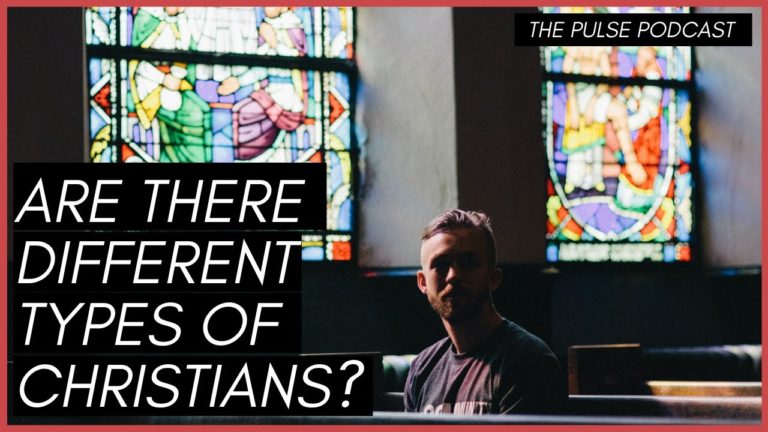The rise of feminist movements denouncing misogyny in ‘all its forms’ (the dislike of, contempt for, or ingrained prejudice against women) has brought about positive change however it has also given room for the Bible and its integrity to be called into question surrounding its view on women. The Word of God has been debated and discussed as a patriarchal, man-made text, no longer fit for modern society. This is false.
Throughout this article I implore the readers to bear in mind we are called as Christians to make Christ the centre and not gender. In a society so engrossed in our personal identities, it is important that we remember our main identity is given to us through Christ.
How does God See gender?
Gender is God’s idea and it is good. In the beginning, God makes his views clear when He created man in His own image. (Genesis 1:26–28) This shows that God did not and does not have any bias to the sexes. Both were made to reflect His very being and were created for His glory. This idea is further emphasized when Peter, having walked with Jesus Christ came to the conclusion that God ‘shows no partiality.’ (Acts 10:34)
Role and Responsibilities
God made both men and women uniquely and then further created us as unique individuals within our sexes. These differences were never meant to be a hindrance but instead to bring glory to His name. (Isaiah 43:7) We see God’s love and honour for women when Jesus rose from the dead. The first person He trusted to reveal Himself to is Mary Magdalene. This was a high honour as it showed that she was the one Jesus first trusted to share the good news that would save the world. We also see Jesus bring honour to the woman who poured out her perfume, rebuking His disciples to favour her instead, letting her know she will be remembered forever. (Matthew 26:36) There are multiple examples of women, throughout the scriptures, serving God in leadership situations in the Bible. Jesus, by his teachings and actions, affirmed the worth and value of women.
Jesus protected women. (Mark 14:6)
Empowered women. (John 8:11)
Honoured women publicly. (Mark 14:9)
Released the voice of women. (John 4:28)
Confided in women. (John 20:17)
Was funded by women. (Luke 8:1-3)
Celebrated women by name. (John 19:25)
Respected women. (Luke 8:48)
And spoke of women as examples to follow. (Mark 14:9)
Many have shown disdain to verses that say ‘wives submit to your husbands’ (Ephesians 5:22) and ‘women should remain silent in the churches.’ (1 Corinthians 14:34) The former being seen as a call to a life of slavery and the latter an unfair dismissal of women’s viability to do ministry. For the former, the bibles instruction for submission is followed by a duty on men also to love their wives as Christ loves the church. This is love inherently built on sacrifice which too requires a denial of self and submission to God. The more pressing latter which states that women should remain silent in the churches must be understood contextually. This is not to say that biblical principles should not be universal or only applicable to a specific time and cultural context. However there is context that must be taken into consideration for accurate interpretation which is discussed here: https://www.9marks.org/article/must-women-be-silent-in-churches/
Galatians 3:28 clearly teaches that in Christ there are no longer gender distinctions and that both male and female are equals. There should be no doubt in those who have studied the Word and understand God’s nature that He is inherently in love with all of His children. The failures of men may lead to women being oppressed but this is not an indication of the integrity of the Bible or the love of God.











